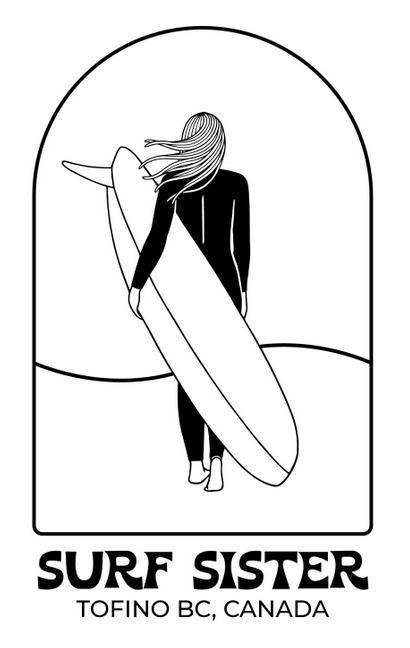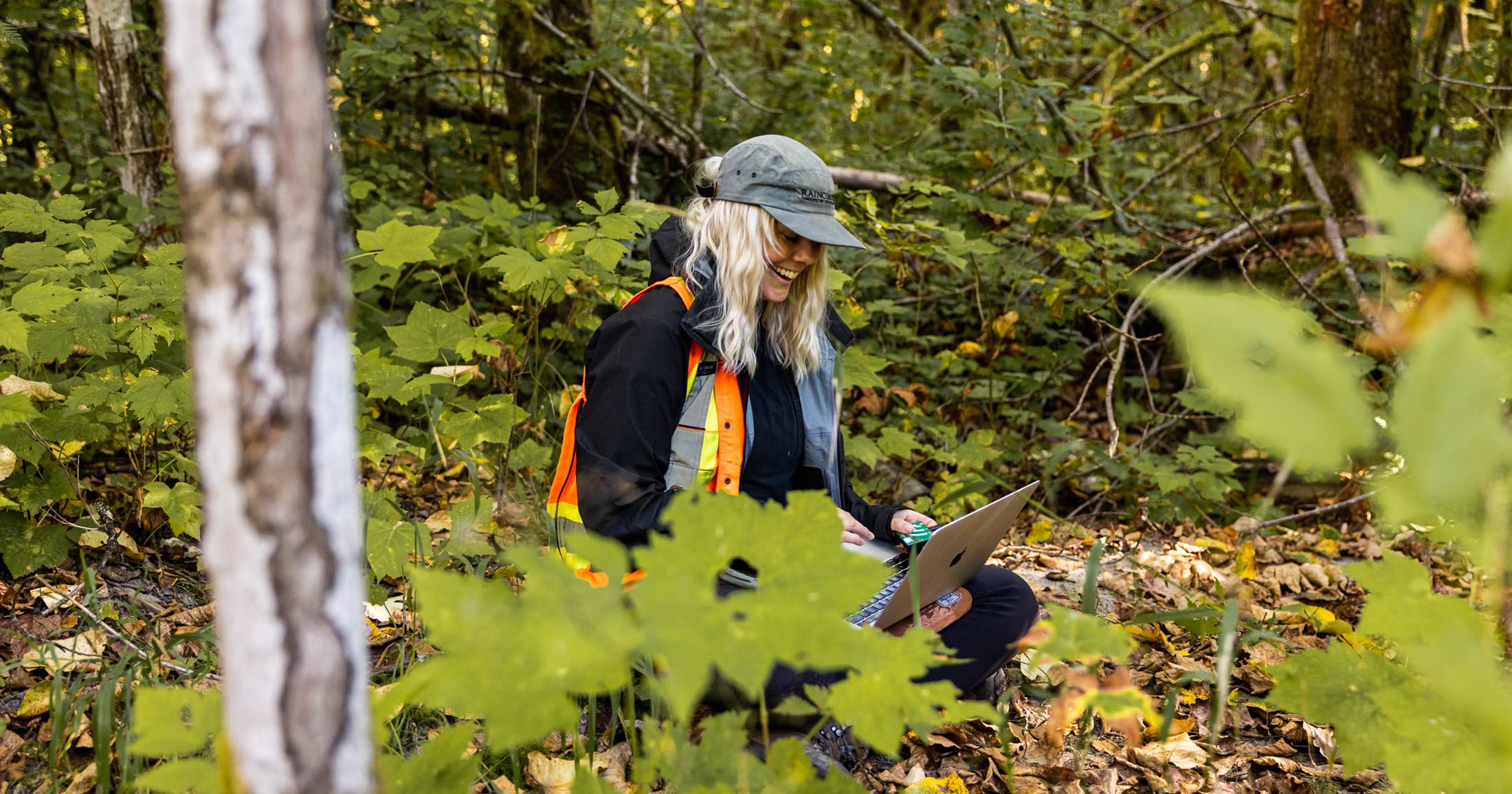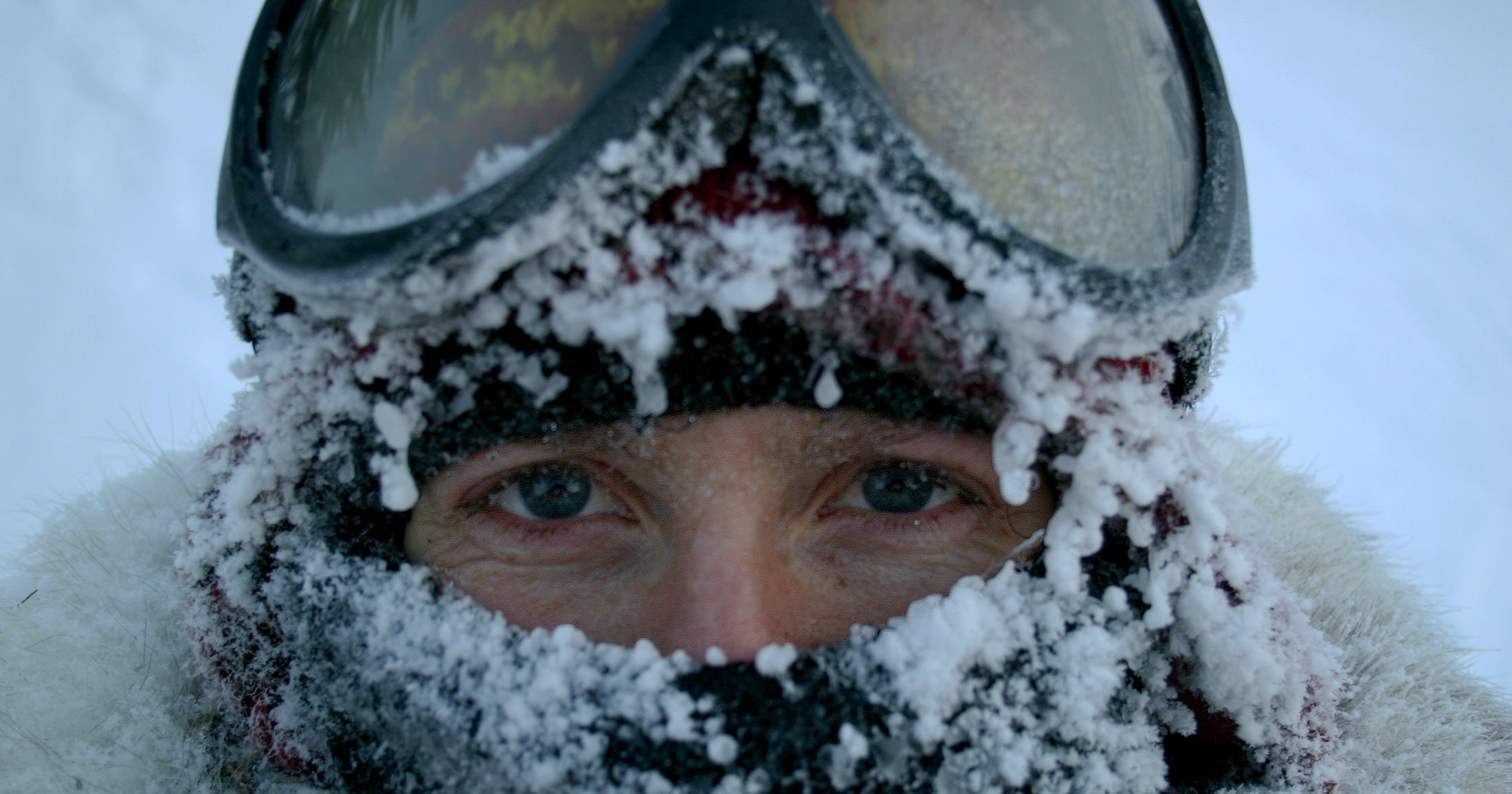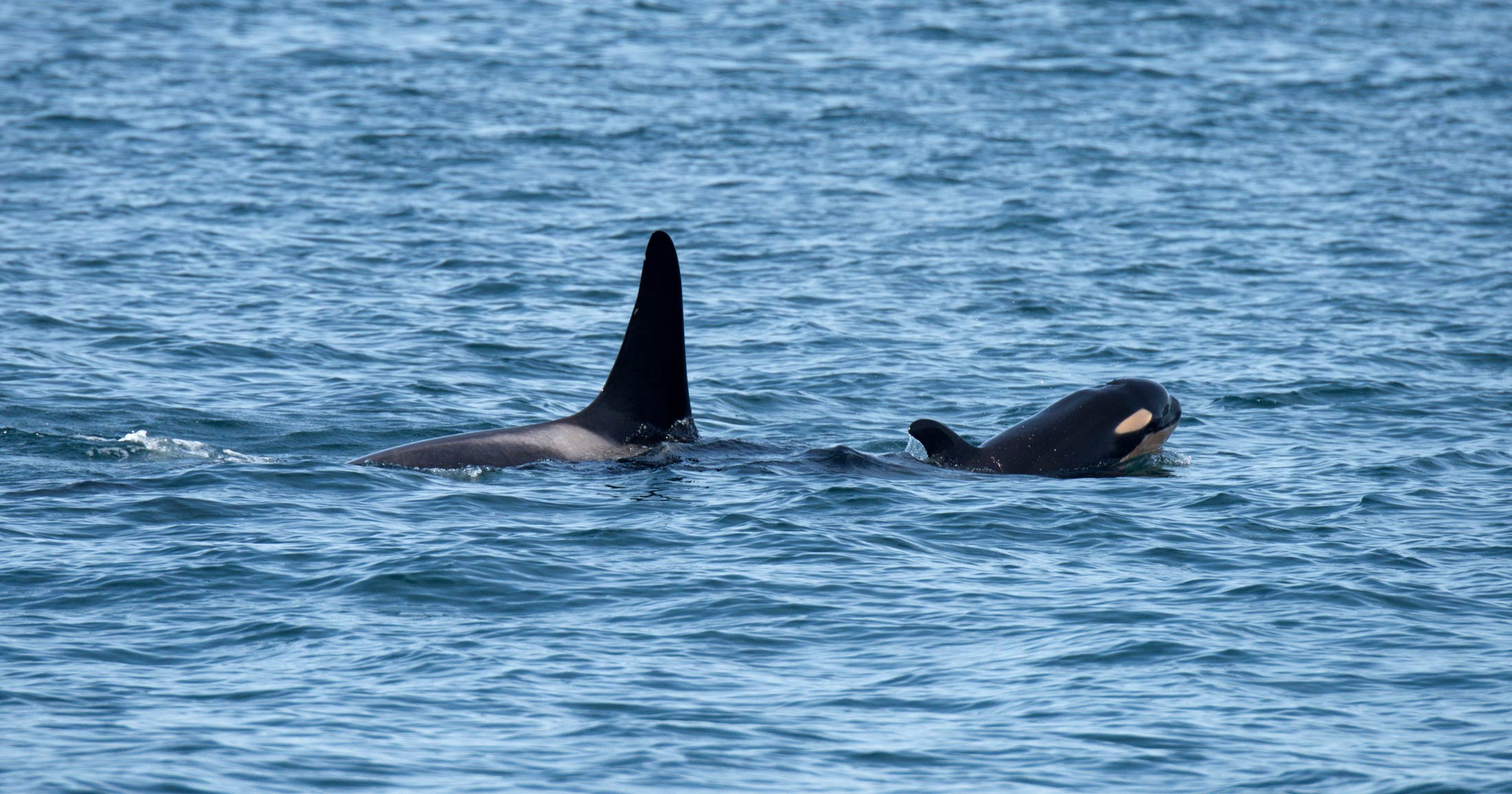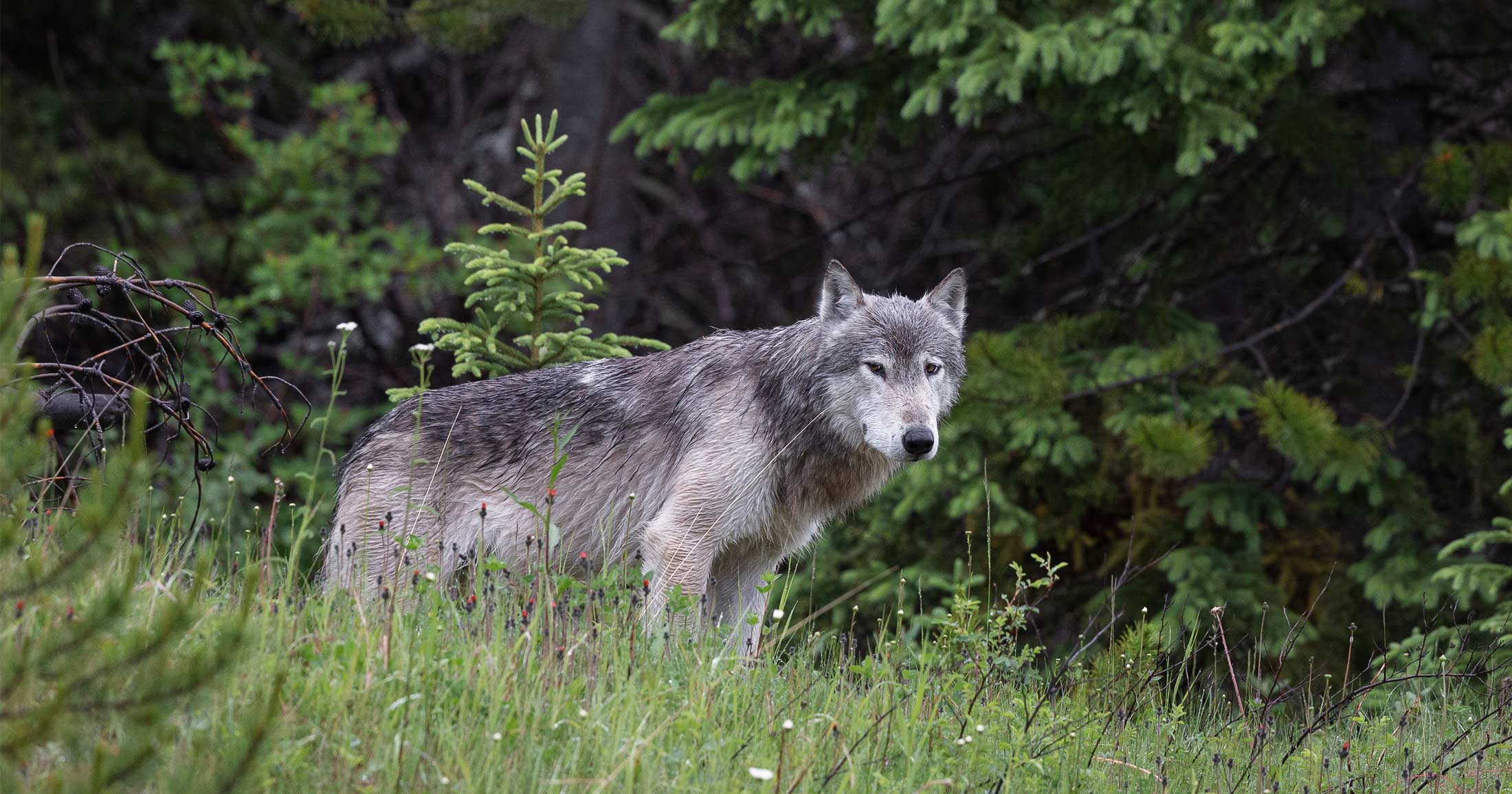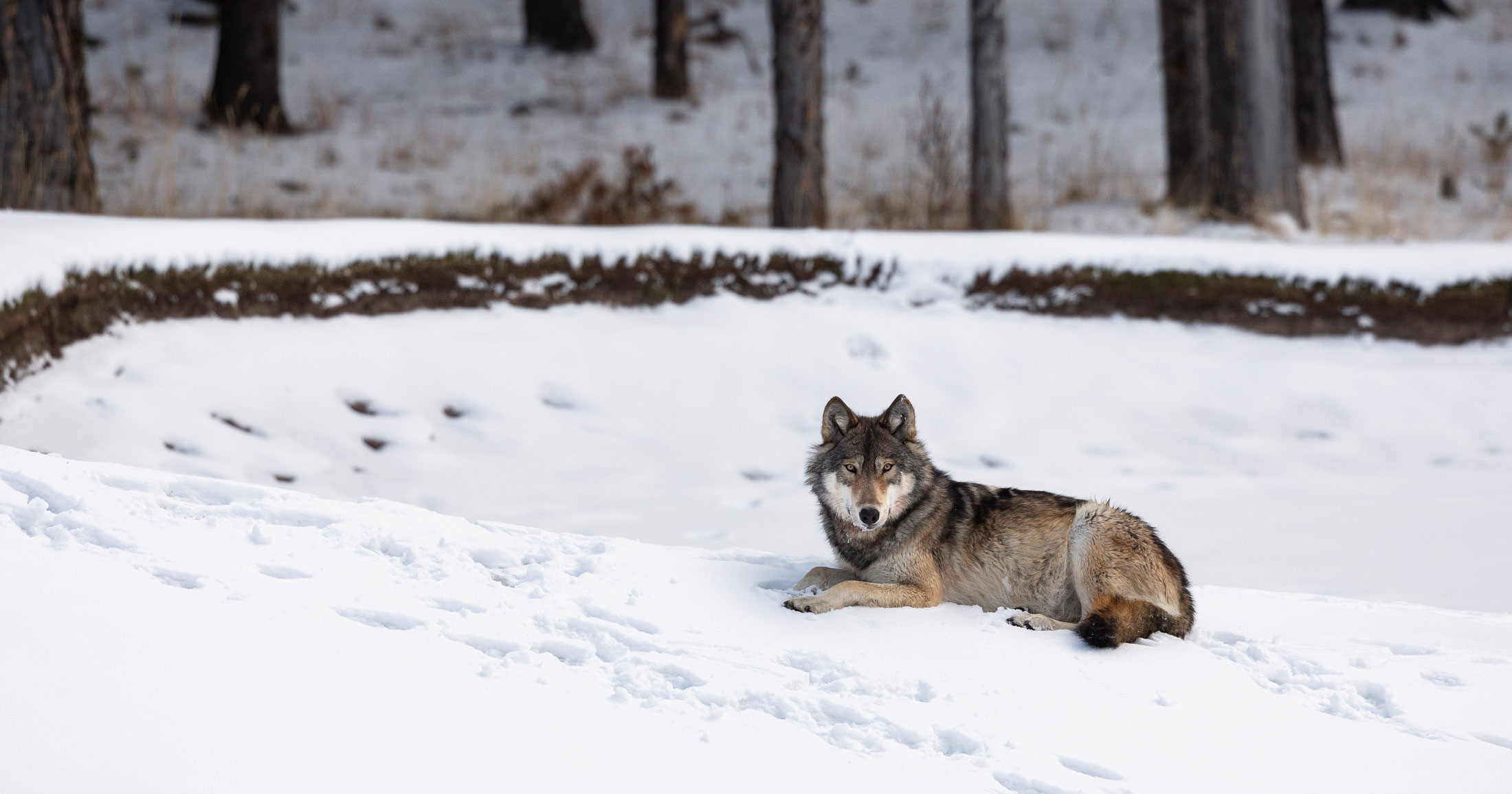Join us for After the Groundswell: film and discussion panel events in Vancouver, Victoria, and Tofino
Join us for a celebration of Heiltsuk stewardship, community resilience, and surf as we share an updated version of the film, Groundswell, and the stories behind the defeat of Enbridge’s Northern Gateway pipeline.
We invite you to join us in Vancouver, Victoria, or Tofino for a special evening and ‘re-premiere’ of Groundswell, a 25 minute short film with a new prologue. In addition, Surfrider Pacific Rim will show two other short films in Tofino, and we will host a panel, in Victoria and Vancouver, with those involved in the film, the campaign against Northern Gateway, and in Raincoast research. Please join us for this opportunity to discuss resource development proposals, Indigenous stewardship, and lessons learned in victory.
Tofino – March 23rd at 7pm at the Clayoquot Sound Theatre.
Victoria – April 5th at 7pm at the UVic David Lam Auditorium.
Vancouver – April 6th at 6:30pm at Science World.
About the film
In 2012, the risk of a catastrophic oil spill from Enbridge’s proposed Northern Gateway pipeline posed a threat to the central coast of BC, and the people and wildlife that have called it home for millennia. When a group of surfers set sail towards a region full of life, beauty, and a rich history and presence of Indigenous stewardship, the team experienced not only waves, but also what might be lost had the pipeline proceeded.
A decade later, we revisit the ultimately-successful campaign by coastal Indigenous communities and their allies against the since-canceled Northern Gateway pipeline. We do so with a retrospective lens: what lessons have we learned about community mobilization and taking a stand?
Groundswell, originally released in 2013, demonstrated the power of community and the union of allies across the coast. We are pleased to re-release this movie with updated interviews and a look towards the future.



Special Guests
Chris Darimont is director of science for Raincoast, and a Professor, Provost’s Engaged Scholar, and the Raincoast Chair of Applied Conservation Science Lab in the Department of Geography at the University of Victoria.
Cúagilákv (Jess H̓áust̓i) is a Haíɫzaqv parent, poet, and land-based educator living in their homelands and the community of Bella Bella, BC. They are the Executive Director of Qqs (Eyes) Projects Society, a Haíɫzaqv charitable non-profit focused on supporting youth and families to thrive through community and cultural programming.
Misty MacDuffee is the Director of Raincoast’s Wild Salmon Program and a biologist with a focus on fisheries ecology in salmon ecosystems. For the past 15 years, she has undertaken various types of field, laboratory, technical, and conservation assessments in the salmon-bearing watersheds of the BC coast.
Valeria Vergara is a behavioural ecologist interested in the communicative and perceptual capacities of marine mammals and the conservation implications of such capacities. She is the Co-Director of Raincoast’s Cetacean Conservation Research Program. In the last two decades she has participated in a diverse array of cetacean field studies, including humpback whales, killer whales, Guiana dolphins, narwhals, and beluga whales in various areas of Canada.
Thank you to our supporters and sponsors
You can help
Raincoast’s in-house scientists, collaborating graduate students, postdoctoral fellows, and professors make us unique among conservation groups. We work with First Nations, academic institutions, government, and other NGOs to build support and inform decisions that protect aquatic and terrestrial ecosystems, and the wildlife that depend on them. We conduct ethically applied, process-oriented, and hypothesis-driven research that has immediate and relevant utility for conservation deliberations and the collective body of scientific knowledge.
We investigate to understand coastal species and processes. We inform by bringing science to decision-makers and communities. We inspire action to protect wildlife and wildlife habitats.








